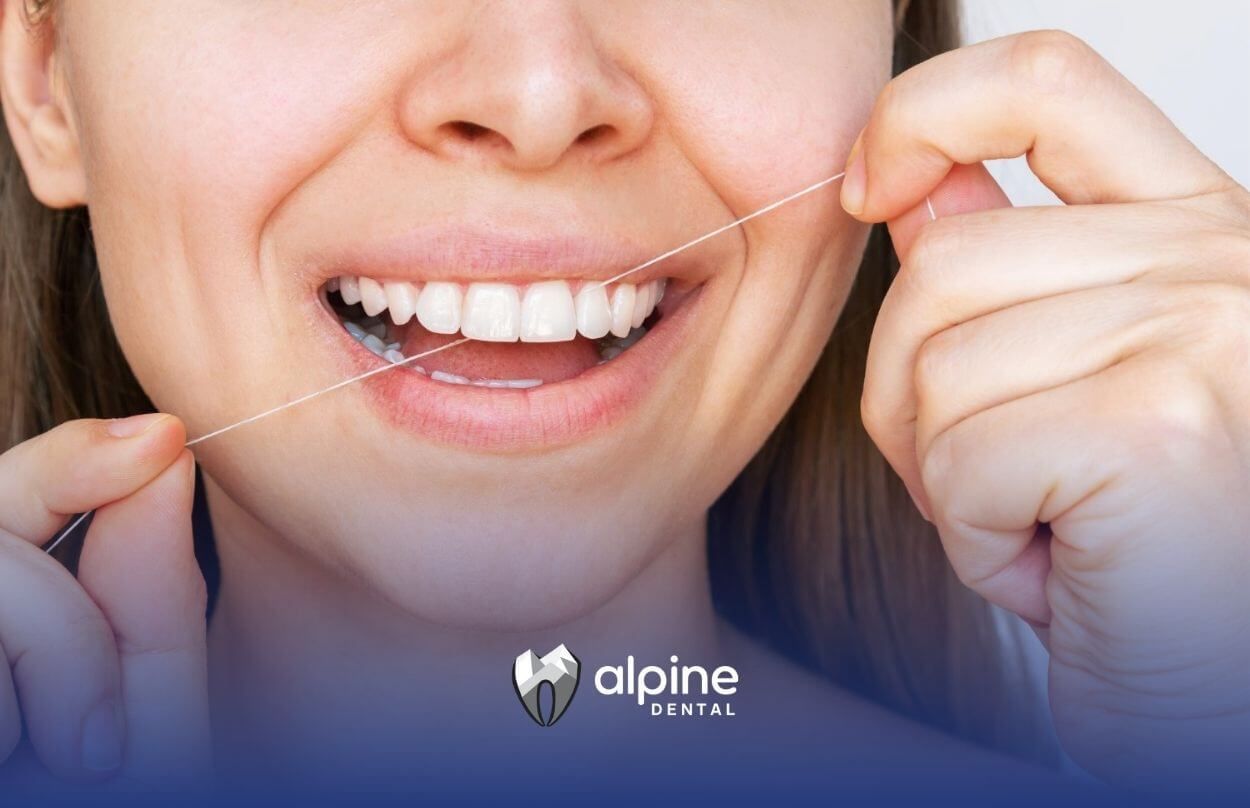What Type of Mouth Guard Is Best for Teeth Grinding?
If you wake up with sore jaws, morning headaches, or teeth that feel sensitive, you might be grinding your teeth at night—a condition known as bruxism. While occasional grinding might not cause major problems, frequent or severe grinding can wear down enamel, crack teeth, and even lead to jaw pain or TMJ disorders.
One of the best solutions? A mouth guard. Also called a night guard, it acts as a protective barrier between your upper and lower teeth while you sleep. But not all mouth guards are the same.
Let’s explore the different types of mouth guards for teeth grinding, their pros and cons, and how to choose the right one for your needs.
Why Mouth Guards Are Used for Teeth Grinding
Mouth guards aren’t designed to “cure” bruxism. Instead, they protect your teeth from the damaging effects of grinding and clenching. They can also reduce muscle tension, jaw pain, and the risk of long-term damage to enamel and dental work.
Dentists often recommend night guards if you show signs such as:
- Worn-down or chipped teeth
- Unexplained morning headaches
- Jaw soreness or clicking sounds
- Flattened chewing surfaces
The type of guard that’s right for you depends on your grinding severity, budget, and comfort needs.
Main Types of Mouth Guards
There are three primary categories of mouth guards available for teeth grinding. Each has its own advantages and disadvantages, making some better suited for occasional use and others for long-term protection.
Stock Mouth Guards
These are pre-formed, ready-to-wear guards sold at most drugstores. They’re inexpensive and easy to find, but they offer the least protection. Because they’re not molded to your teeth, they often feel bulky and uncomfortable, making them difficult to sleep in.
- Pros: Affordable, easy to purchase.
- Cons: Poor fit, minimal protection, can interfere with breathing or talking.
- Best for: Very short-term or occasional use.
Boil-and-Bite Mouth Guards
Boil-and-bite guards are made from thermoplastic material. You soften them in hot water, then bite down to shape them to your teeth. They’re more customizable than stock guards and are widely used by people with mild to moderate bruxism.
- Pros: Better fit than stock guards, inexpensive, available at pharmacies.
- Cons: Not as durable, may wear down quickly with heavy grinding.
- Best for: People with mild or moderate teeth grinding.
Custom-Made Mouth Guards
Custom guards are designed by your dentist using an impression of your teeth. They provide the best fit, comfort, and durability, making them ideal for frequent or severe grinders. While more expensive, they offer long-term protection and can be tailored for additional issues like TMJ disorders.
- Pros: Precise fit, maximum comfort, durable, best protection.
- Cons: Higher cost compared to store-bought options.
- Best for: Moderate to severe bruxism, TMJ patients, long-term use.
Different Styles of Custom Mouth Guards
Once you choose a custom guard, your dentist may recommend different styles depending on your grinding severity:
Soft Night Guards
Made from softer material, these are comfortable and cushioned—ideal for light teeth grinders or those who mainly clench rather than grind.
Hard Acrylic Guards
Rigid and highly durable, these are best for heavy grinders. They can withstand intense pressure and protect teeth from severe enamel wear.
Hybrid Guards
These combine the best of both worlds: soft on the inside for comfort, hard on the outside for durability. They’re a popular choice for moderate bruxism.
Benefits of Wearing a Mouth Guard
Regardless of which type you choose, a properly fitted night guard can make a big difference in your oral health. Some key benefits include:
- Protects teeth from chips, cracks, and enamel loss
- Reduces jaw soreness, tension, and headaches
- Prevents worsening of TMJ disorders
- Protects dental restorations like crowns or veneers
- Improves sleep by reducing discomfort at night
- Saves money by preventing expensive restorative treatments
How to Care for a Night Guard
Like any dental appliance, proper care ensures your night guard lasts longer and stays hygienic. To keep yours in good shape:
- Rinse before and after every use
- Brush gently with a toothbrush (avoid abrasive toothpaste)
- Store in a ventilated case
- Avoid hot water and heat exposure (it can warp the material)
- Bring it to dental checkups so your dentist can check fit and wear
Choosing the Right Mouth Guard
So, which mouth guard should you choose? The answer depends on your situation:
- Mild, occasional grinding: Boil-and-bite guards may be enough.
- Frequent grinding or jaw pain: Custom-made guards are the most effective.
- Severe grinding or TMJ disorders: Hard or hybrid custom guards are best.
While over-the-counter options are cheaper, they often don’t last long and can be uncomfortable. For long-term relief and protection, a custom-fitted mouth guard from your dentist is usually the smartest investment.
The Bottom Line
Teeth grinding may seem like a harmless habit, but over time it can seriously damage your smile. A night guard offers protection, comfort, and peace of mind while you sleep. From basic store-bought guards to fully custom-made options, there’s a solution for every level of grinding.
At Alpine Dental, we specialize in creating custom night guards that fit perfectly and provide maximum protection. Whether you’re dealing with mild bruxism or severe TMJ-related grinding, our team will help you find the best option for your needs.
If you’re looking for the best dentist in New Jersey to safeguard your smile, Alpine Dental is here for you.
FAQs
1. Do mouth guards stop teeth grinding?
No—they don’t stop the habit, but they protect your teeth and reduce strain on your jaw.
2. How long do night guards last?
Over-the-counter guards may last a few months, while custom guards can last several years with proper care.
3. Can I wear a sports mouth guard for grinding?
No. Sports guards are made for impact protection, not grinding pressure.
Sources:
- https://www.mayoclinic.org/diseases-conditions/tmj/symptoms-causes/syc-20350941
- https://pmc.ncbi.nlm.nih.gov/articles/PMC11810891/
- https://www.nationwidechildrens.org/specialties/sports-medicine/sports-medicine-articles/mouth-guards-in-sports-a-necessary-piece-of-equipment
- https://www.ada.org/resources/ada-library/oral-health-topics/athletic-mouth-protectors-mouthguards
- https://www.mouthhealthy.org/all-topics-a-z/mouthguards
- https://www.webmd.com/oral-health/mouth-guards




